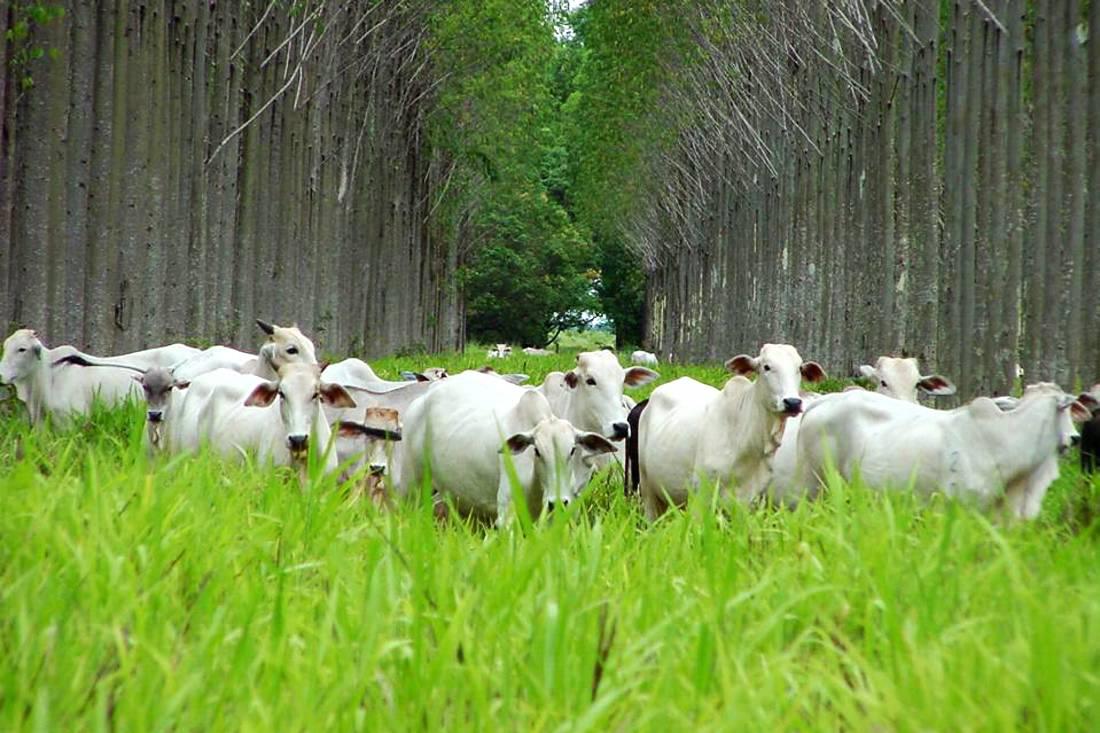He presented his findings at the recent 2014 Nuffield Ireland conference.
Here is a summary of his research*:
Beef farming has always been a low margin enterprise with an emphasis on extensive production in many parts of the world and poorer quality land devoted to it. Part of this paper explores how beef farming operates at an extensive level in countries such as Brazil and New Zealand. However, the possibility of intensive production of beef also exists in countries with a temperate climate and which are located near high price markets. The combination of proximity to these markets and the ability to produce beef from low cost grass based systems in countries such as Ireland were the stimulus to determine the factors involved in devising a blueprint for such a system.
Research conducted in New Zealand highlighted the key elements required to achieve optimum soil condition in order to maximise the quantity and quality of grazed grass being produced from the soil. In New Zealand the best land is devoted to dairying, and the production of grass forms the backbone of this system. There are a number of key components in a successful grassland production system.
The first step must be to carry out soil fertility tests to identify those nutrients which are present, and above all to highlight the deficiencies which need to be addressed before proceeding with the process of establishing productive grassland, including the re-seeding process. When the desired soil conditions are achieved, the research highlights the importance of selecting the correct varieties of grass seeds to achieve a high output of quality grass growth which will enable a high level of beef to be carried. Once the crop is established and available for consumption it is critical to ensure appropriate grass management practices are implemented to guarantee the maximum utilisation of the grass grown on Irish farms. Such practices include regular grass measurement, budgeting and the employment of grazing methods in particular paddock rotational grazing.
A visit to the UK was motivated by a keen interest in the studies which are currently being carried out by IBERS into the breeding of grass varieties (perennial ryegrass) e.g. Aberwolf. This new grass has been developed from decades of plant breeding and as well as high yield and good persistency has the characteristic of high sugar levels which means good animal intakes and better animal performance. In the future it is the development of this type of grass variety which will improve the output of beef at farm level.
Identification of future beef market demands
When conducting studies into future beef market demands, the UK was specifically selected as it is Ireland’s largest beef export market, and so its continuation is crucial for Irish exports and the survival of the beef farmer. At present, of the 90% of beef being exported, 53% of these exports go to the UK market.
Due to changes in consumer demand and the potential increase in the dairy sector Irish farmers need to be fully aware of and be in a position to fulfil market demands.
Research conducted in the UK identified consistent carcass weight, age and fat cover as being the key considerations in beef production in order to meet customer demands. Heavy beef carcasses are no longer a market demand. This significant change will influence what the Irish beef farmer produces and the requirements of processors. The specific carcass weight requirement is to accommodate fixed size packaging which will regulate the price for the consumer and increase the quality and shelf life of the meat.
Meeting market demands combined with the ability to produce a high output of beef from grass based systems are the ingredients needed in establishing a successful beef sector in the future. This paper with its combination of established research from different countries and first-hand experience of farming practice in various parts of the world attempts to point the way forward for the industry and producers alike.
*Eddies’s full report will be released by Nuffield Ireland in the coming weeks.






 This is a subscriber-only article
This is a subscriber-only article












SHARING OPTIONS: